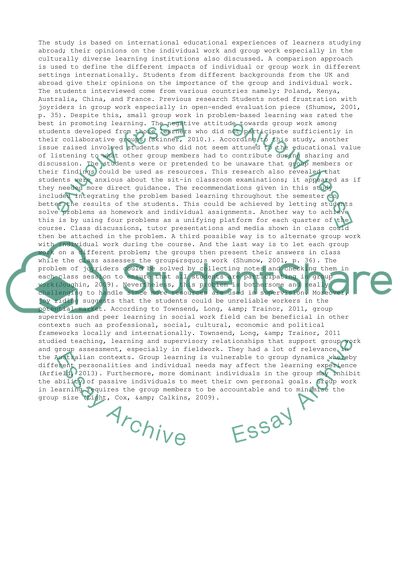Cite this document
(“Student views on individual and group work Essay”, n.d.)
Student views on individual and group work Essay. Retrieved from https://studentshare.org/business/1497264-student-views-on-individual-and-group-work
Student views on individual and group work Essay. Retrieved from https://studentshare.org/business/1497264-student-views-on-individual-and-group-work
(Student Views on Individual and Group Work Essay)
Student Views on Individual and Group Work Essay. https://studentshare.org/business/1497264-student-views-on-individual-and-group-work.
Student Views on Individual and Group Work Essay. https://studentshare.org/business/1497264-student-views-on-individual-and-group-work.
“Student Views on Individual and Group Work Essay”, n.d. https://studentshare.org/business/1497264-student-views-on-individual-and-group-work.


